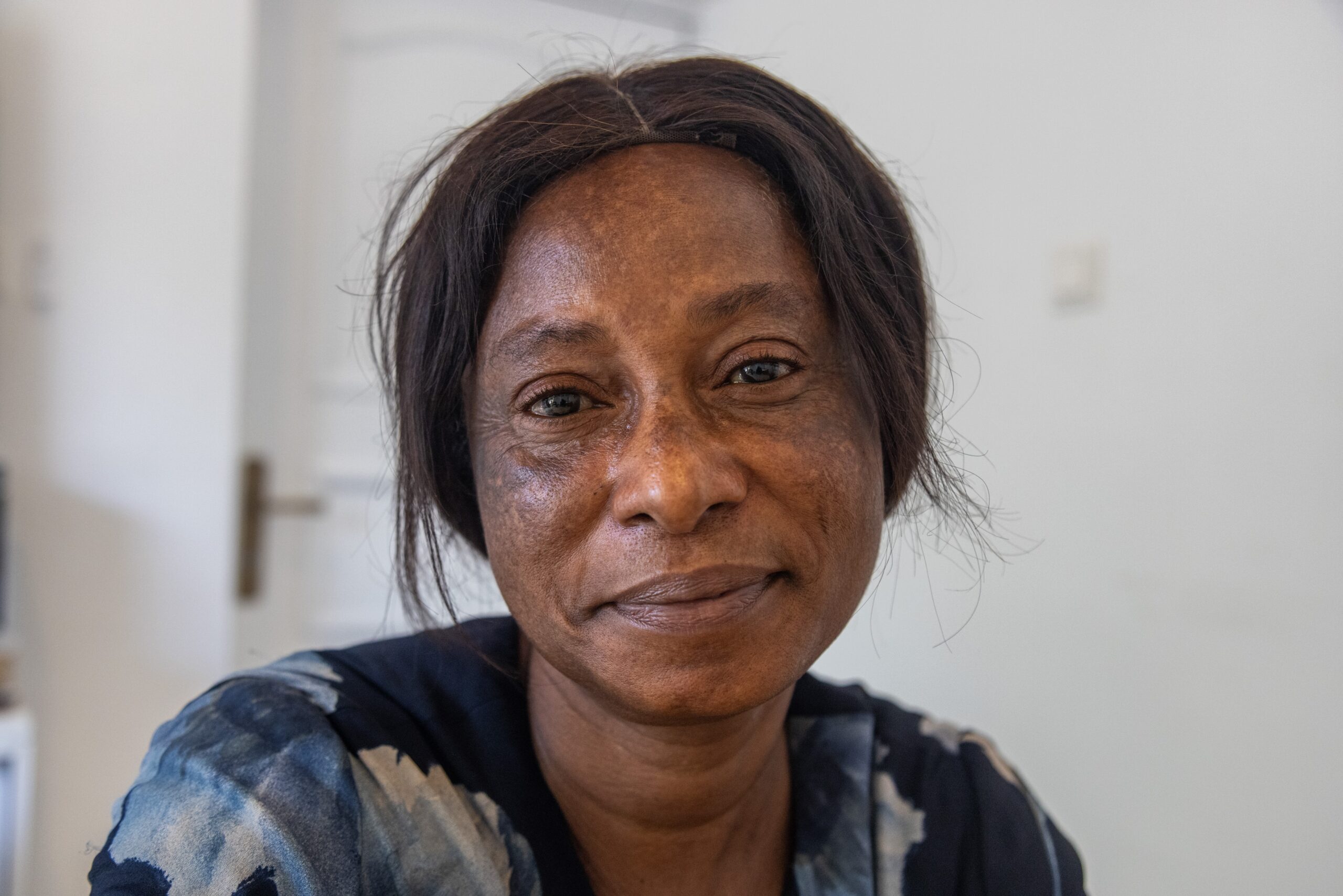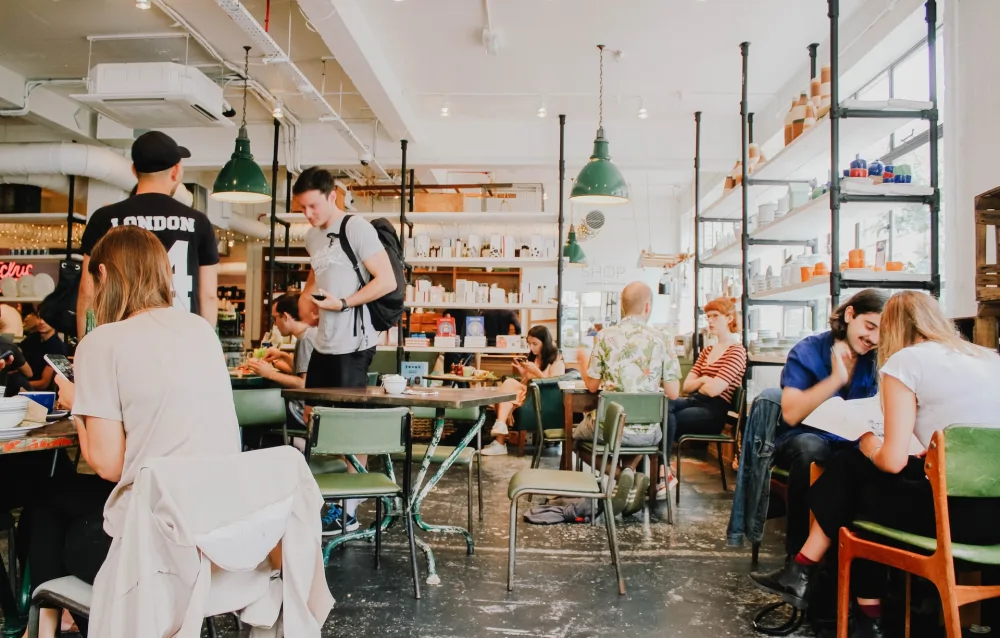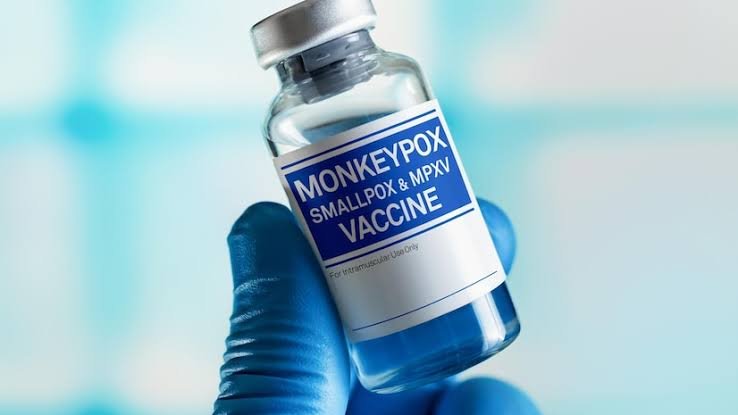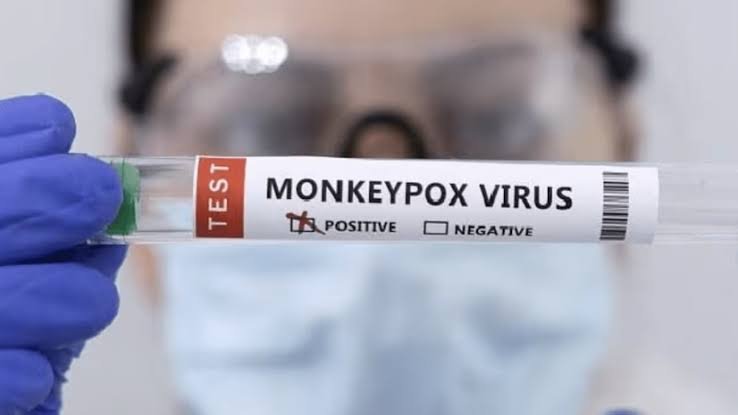By Godwin Anyebe
As a consumer advocate, I have long carried the heavy burden of witnessing the devastating effects of unregulated products on people’s lives. But few issues weigh on me as heavily as the practice of skin bleaching, particularly when it is inflicted upon innocent children. The pursuit of a certain aesthetic, driven by societal pressures and a misguided definition of beauty, has led to a heartbreaking crisis that is now harming the most vulnerable among us.
The story of a mother from northern Nigeria, whom we will call Fatima, is a testament to this profound tragedy. Under pressure from her family, she used skin-whitening products on all six of her children, leading to consequences she now deeply regrets. Her two-year-old child has burns and discoloured skin, and his wounds are slow to heal. Her other children bear permanent scars: a daughter who hides her face, another with a pale circle around her eyes, and a third with whitish scars on her lips and knees. Fatima’s heartbreaking confession—that she used these creams to gain her own mother’s favour for her children—reveals the deep cultural roots and familial pressures behind this practice. She bought these products from a local supermarket without a doctor’s prescription, highlighting the dangerously easy access to these harmful chemicals.
This is not an isolated incident. The UN World Health Organization (WHO) reports that Nigerian women use skin-whitening products more than in any other African country, with 77% using them regularly. This statistic is alarming, especially when considering the reasons often cited for the practice: cultural beliefs, a desire for improved self-esteem, and the dangerous aspiration to attain a Western appearance. It is a quest for acceptance that comes at a terrible price.
The long-term health risks are undeniable and horrifying. These products often contain toxic substances like mercury, hydroquinone, and corticosteroids. While they may initially lighten the skin, they can cause severe irritation, discoloration, and even more serious health problems such as kidney and liver damage. Prolonged use also weakens the skin, making it more susceptible to infections and other conditions. It is a dangerous gamble with one’s health and, in the case of children, with their entire future.
While the Nigerian Federal Agency for Food, Drugs, Administration and Control (NAFDAC) and the Institute of Public Analysts of Nigeria (IPAN) work to ensure product safety, their efforts are challenged by manufacturers who use cheap, unsafe ingredients and a general lack of public awareness. Consumers are often unaware of the hidden dangers, and there is a critical need for stricter regulations and accessible, affordable laboratory services for product testing.
The pain and regret in Fatima’s voice should serve as a wake-up call. We must move beyond simply acknowledging the problem and take collective action. The burden of this issue falls not only on regulatory bodies but on all of us. As consumers, as family members, and as a society, we must challenge the beauty standards that fuel this damaging practice.
How do we, as a community, overcome this menace and protect our children from this harmful trend?
Comrade Godwin Anyebe is a Journalist and a Rights Activist.



























